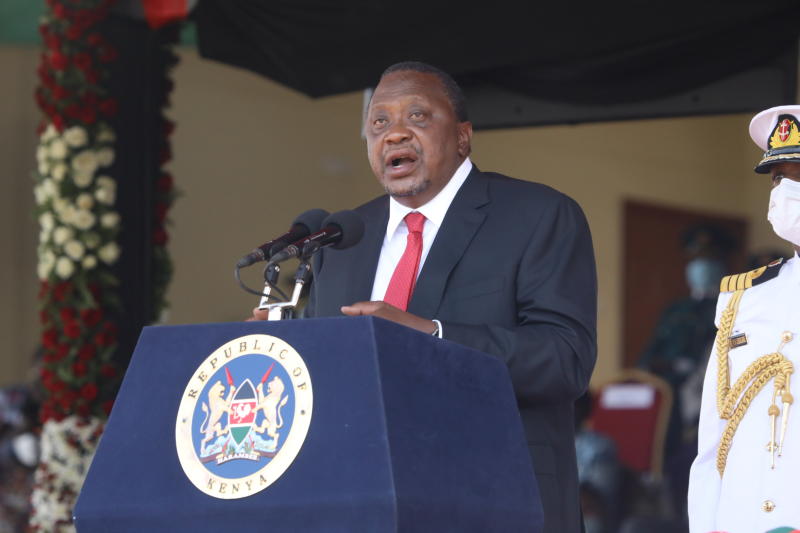×
The Standard e-Paper
Join Thousands Daily

President Uhuru Kenyatta’s refusal to appoint six out of the 40 judges recommended by the Judicial Service Commission (JSC) has kicked up a storm, with a cloud of criticism and near praise trailing his move.
Hours after President Kenyatta announced his decision through a gazette notice, lawyer Adrian Kamotho moved to court, accusing the president of acting in contempt of orders that required him to appoint all the 40 judges. Civil society group Katiba Institute has also challenged the president’s move.